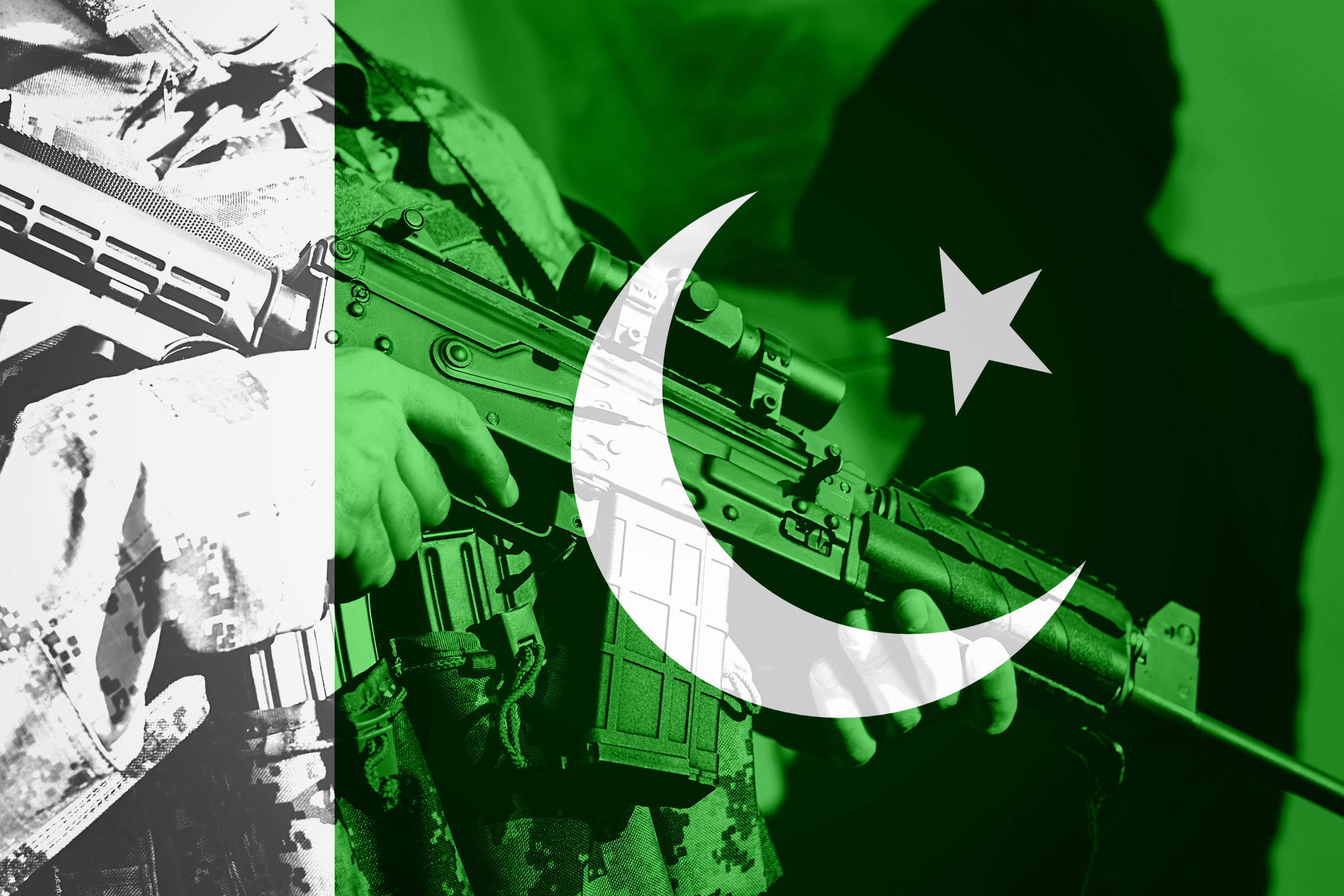
In recent events, Islamic State Khorasan Province (ISKP) took responsibility for assassinating renowned Pakistani, Mufti Munir Shakir. The terror organization also issued a fatwa to rationalize the assassination, placing the domestic political apparatus of the country and war against extremism on the accelerated track.
While the random act sparked a flame in the hearts of the majority of the Pakistanis, more and more growing groups of critics, a portion of political parties like Pakistan Tehreek-e-Insaf (PTI) and Pashtun Tahafuz Movement (PTM), have been targeting the state and the state institutions in bulk. They have been condemning the intelligence agencies’ and army’s contribution towards Pakistan’s war on terror. These political parties tend to bemoan what they perceive as widespread military control of the civilian leadership, in contrast to the one advocated by the government authorities.
But the tone and timing of such a kind of attack are earning skepticism among certain policymakers as well as analysts. Rising concerns are that systematic degradation of state institutions by such political forces would tend to, as an unintended side-effect, have an environment created that would be viewed to be supportive of or permissive towards terror groups’ such as ISKP agendas. ISKP’s attributing blame for the assassination, and its ideologically based rationalization thereof, pre-empts political forces from inadvertently advancing extremist narratives.
The Punjab government has most vigorously denounced what it calls politicized and weaponized political rhetoric. Governments contend that, if unchallenged, this type of criticism will ideologize terror outfits by denying the state’s campaign against terrorism any credibility. The argument of the state is tantamount to claiming that it does not regard this to be an issue solely of politics but also of morals and national security. There are appeals to parties and movements to rethink their stands, retreat from inflammatory language, and not offer any kind of cover or legitimacy to factors that destabilize the country.
But political party sympathizers recognize that they are critiquing as a spin-off of sincerity in the state, human rights, and reforms in the spy-military complex of Pakistan. They recognize that one is not being in favor of advocating for terrorism when one critiques establishments in the state but grumbling about issues well considered in the sphere of national politics.
The security politics and criticism is a sensitive topic, particularly in Pakistan, where terrorism and militancy have irreparably hurt the psyche of the nation. Political and security leadership in the nation is confronted with the sensitive task of creating a climate for constructive criticism without letting such criticisms become victims of violent extremist elements that aim to destabilize the nation.
As this crisis evolves, the larger question remains: can Pakistan have a clean political space in which it can criticize freely and still be in a position to defend the security and integrity of its institutions? Political party behavior, state agency reaction, and public discourse in general will chart the course for Pakistan in terms of combating extremism in the future.
